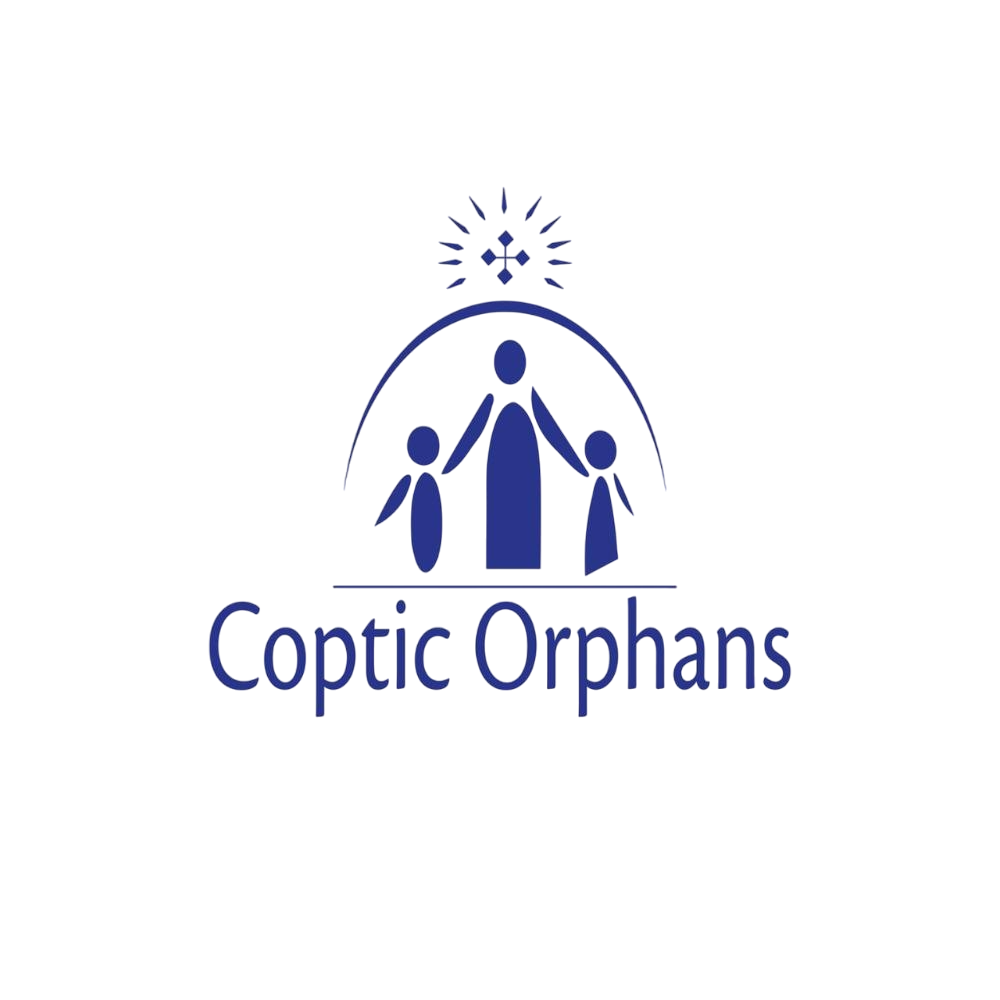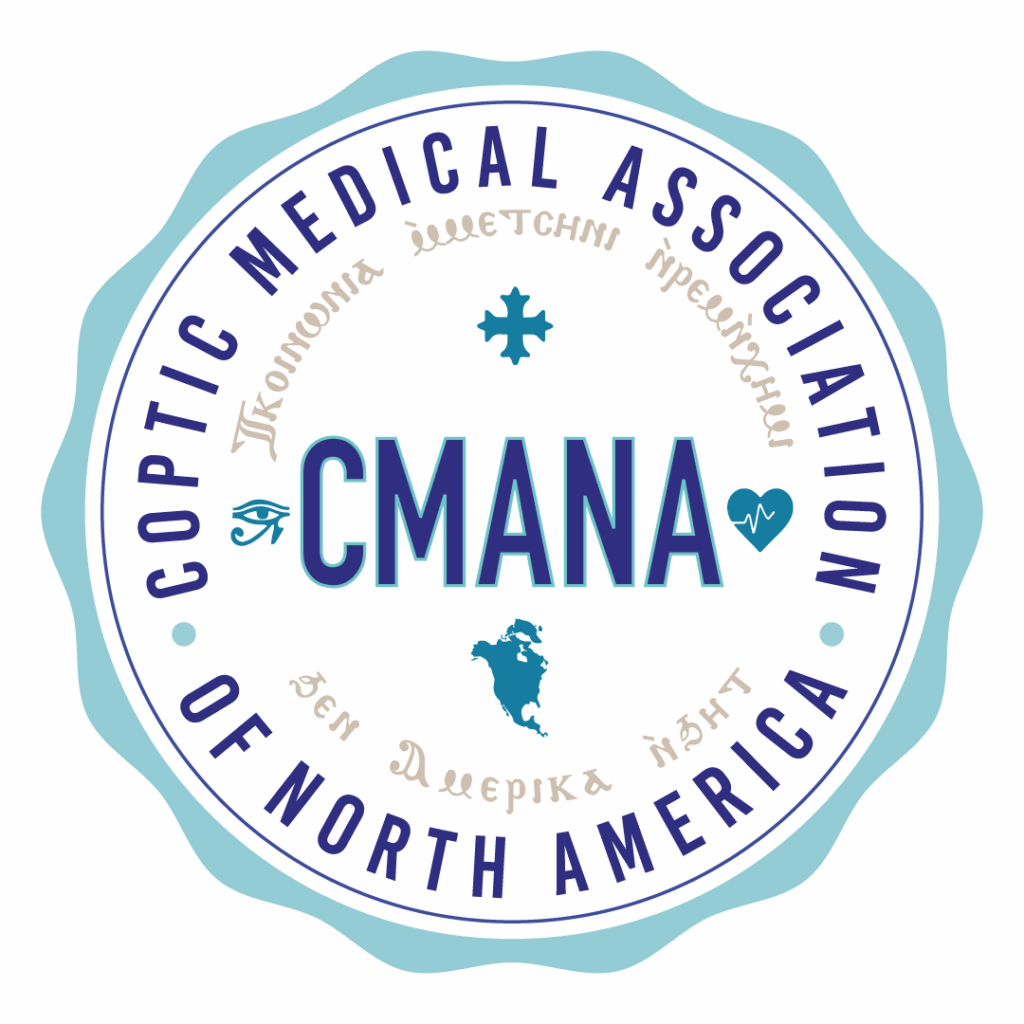NAMIBIA
A Land of Stark Beauty and Resilient Communities


ABOUT NAMIBIA
A Land of Stark Beauty and Resilient Communities
Namibia, a vast nation on Africa’s southwestern coast, is defined by striking contrasts: the towering dunes of the Namib Desert, rugged mountains, and a wild Atlantic shoreline. Beyond its dramatic landscapes, Namibia is home to a small but diverse population, with many ethnic groups, languages, and traditions woven into daily life. Most Namibians identify as Christian, while still honoring long-standing cultural practices and deep connections to the land.
From the coastal city of Walvis Bay to the capital of Windhoek and the remote rural communities of the north, people navigate challenges related to distance, limited infrastructure, and access to essential services. It is within this unique context that CMANA serves, working alongside local partners to address critical health needs, strengthen systems of care, and support communities as they build a healthier future grounded in their rich heritage.
FAITH & HERITAGE
The Apostolic Roots of the Coptic Church in Namibia.
The Coptic Orthodox Church, born from the apostolic witness of St. Mark in Alexandria, brings an ancient yet living faith to the people of Namibia. Through prayer, sacrament, and service, Coptic communities in Namibia embody a Christianity that is both deeply rooted in tradition and responsive to the needs of today.
In this setting, CMANA’s missions are more than medical trips—they are an extension of the Church’s ministry of mercy. Physicians, nurses, and volunteers serve side by side with clergy and local parish leaders, offering care that honors both the dignity of each patient and the spiritual heritage of the community.
OUR HISTORY
A Legacy of Service and Partnership in Namibia.
CMANA began serving in Namibia with a simple vision: to come alongside the local Church and healthcare system to strengthen what God was already doing on the ground. Over time, short-term missions have grown into ongoing relationships with churches, clinics, and community leaders who welcome CMANA teams as trusted partners.
Through primary care clinics, specialty consultations, and hospital-based support, CMANA volunteers help address gaps in access to care while focusing on education and mentorship for local providers. Each mission builds on the last—returning to the same communities, listening carefully to local priorities, and shaping future efforts around long-term impact rather than one-time visits.

